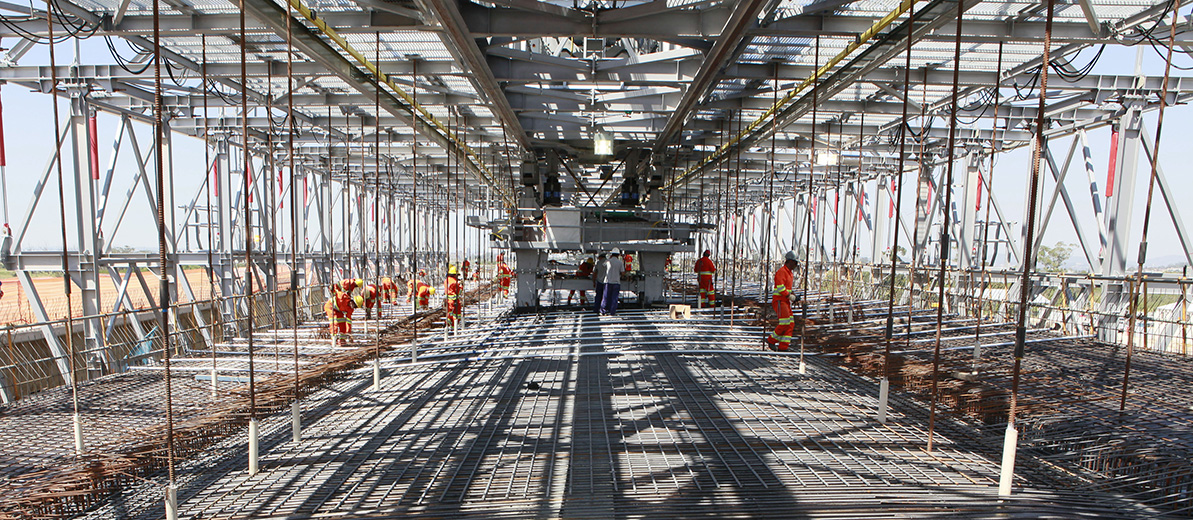
April 10, 2023
An Overview of Excusable Delays
Excusable delays may be compensable or non-compensable. These two delay types are discussed below.
If a contractor is delayed in the performance of its work through no fault or negligence of its own, equity would not require the contractor to bear the expense of accelerating the work to finish by the contractually required completion date. However, the ability of a contractor to recover its additional time-related costs depends on whether the excusable delay is compensable or non-compensable.
To prevent an inequitable situation, most construction contracts excuse the contractor from responsibility for the owner’s liquidated or actual damages for delays due to unusually severe weather conditions or force majeure events, such as those in the example contract language below:
(a) acts of God; (b) flood, fire, earthquake or explosion; (c) war, invasion, hostilities (whether war is declared or not), terrorist threats or acts, riot or other civil unrest; (d) government order or law; (e) actions, embargoes or blockades in effect on or after the date of this Agreement; (f) action by any governmental authority; (g) national or regional emergency; (h) strikes, labor stoppages or slowdowns or other industrial disturbances; (i) epidemic, pandemic or similar influenza or bacterial infection; (j) emergency state; (k) shortage of adequate medical supplies and equipment; (l) shortage of power or transportation facilities; and (m) other similar events beyond the reasonable control of the Impacted Party.
If these types of delay occur, then a contractor is typically entitled to a time extension but no additional compensation unless cost recovery is specifically provided in the contract. To justify a time extension, a contractor must demonstrate that the delay was on the critical path at the time that the delay occurred.
If owner-caused delays occur, such as changes in the scope of work, delay in providing access to the work, approval delays, delayed engineering by another contractor under the owner’s control, and many other excusable events, then the contractor may not only be entitled to a time extension, but also its increased time-related costs. Again, to justify a time extension, a contractor must demonstrate that the delay was on the critical path at the time that the delay occurred.
However, if a delay results from a foreseeable situation that the contractor caused or could have prevented by exercising due care (or over which the contractor could have exercised control), then the delay may be considered inexcusable.
An owner should not default a contractor or assess actual or liquidated damages for late completion until all requests for excusable delay are properly investigated. An owner’s refusal to grant a time extension for a justified excusable delay can be grounds for the contractor submitting a constructive acceleration claim. Constructive acceleration occurs when a contractor is required to complete performance by the contract date even though the contractor has incurred an excusable delay and was not granted a time extension for the full extent of the delay.
Examining a Contractor’s Excusable Delay Request
Three factors are important when examining a contractor’s excusable delay request: (a) whether the contractor could have foreseen the event, (b) whether the causes were “beyond the control” of the contractor, and (c) whether the causes were “without the fault or negligence of the contractor” (and its subcontractors).
Unforeseen Events
Foreseeability of possible events affecting construction is an essential point in evaluating excusable delays. A delay may be foreseeable if the contractor is expected to know or have reasons to know of those facts that are within the scope of its business operations pertaining to or possibly affecting its contract.
For example, it is unreasonable to expect a contractor to have “prophetic” insight and take extraordinary preventive action that a normal contractor would not perform. Unforeseeable causes generally refer to future events, not existing causes.
Events Beyond the Contractor’s Control
Events are typically considered to be within the control of the contractor (or its subcontractor) if (a) the event could have been prevented, or (b) performance was possible despite the event’s occurrence. In the latter case, a contractor either assumes the risk of performance or makes alternative arrangements for performance.
Events Occurring without Fault or Negligence by the Contractor
Actions, or failures to act, that result in delays, represent the contractor’s “fault or negligence.” Many cases find non-excusable delay because of a combination of contractor negligence and delay that was within the contractor’s control. For example, if a contractor assumes the responsibility for obtaining specific equipment or material in the contract, and if the contractor cannot show that the fulfillment of its obligation was impossible, then the delay may be held inexcusable.
ADDITIONAL RESOURCES

Blog
Discover industry insights on construction disputes and claims, project management, risk analysis, and more.
MORE

Articles
Articles by our engineering and construction claims experts cover topics ranging from acceleration to why claims occur.
MORE

Publications
We are committed to sharing industry knowledge through publication of our books and presentations.
MORE
RECOMMENDED READS
Overview of Delays
Delay is a common yet complex type of claim. This blog post provides an overview of delays and begins a series of posts about them.
READ
Types of Delay
Delays in construction contracts are usually categorized as one of three types. This post defines each type, with examples.
READ
Definitions of Construction Claim Types for Contractors
This post summarizes the definitions of the 19 construction claim types that may apply to a contractor’s and subcontractor’s recovery of time and costs.
READ

